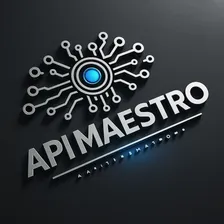Company Detail Scraper for LinkedIn (No Cookies)
Pricing
$5.00 / 1,000 results
Company Detail Scraper for LinkedIn (No Cookies)
Extract detailed LinkedIn company data instantly. Get company overview, employee count, locations, funding info, and more. Perfect for market research, lead generation, and competitor analysis. Clean, structured data ready for your business needs.
Pricing
$5.00 / 1,000 results
Rating
4.5
(17)
Developer

API Maestro
Actor stats
142
Bookmarked
3.2K
Total users
481
Monthly active users
3.8 hours
Issues response
22 days ago
Last modified
Categories
Share

